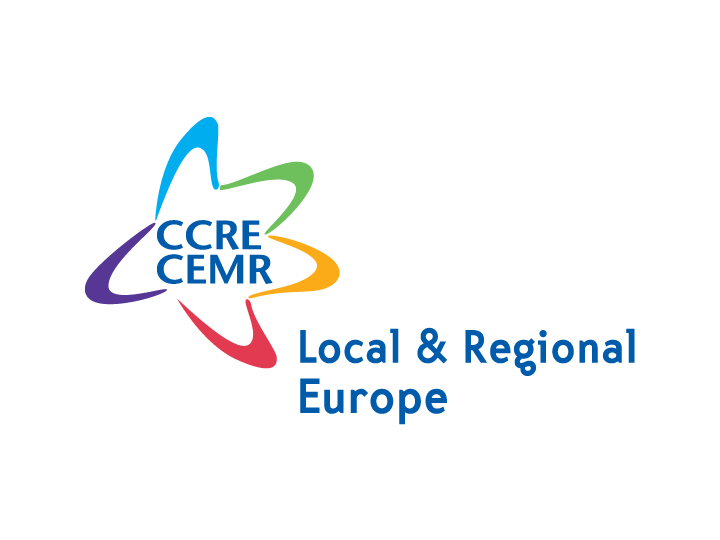Janusz Lewandowski: “Common strategic frameworks avoid duplication of efforts and investments”
On the eve of the European Commission's presenting its proposal for the post-2013 multiannual financial framework, the Council of European Municipalities and Regions (CEMR) asked three questions to EU budget commissioner, Janusz Lewandowski.
Will the idea of a common strategic framework end up being realised, thus replacing the current fragmented approach used for the different programmes?
It is still a little early to go into detail since the college meeting on the next financial framework will take place on Wednesday 29 June; I obviously cannot prejudge what the outcome of the meeting will be. However, it is true that we are studying the concept of common strategic framework for a number of policies. It seems to make sense to have a coordinated, strategic overview of the aims of EU funding rather than let each Member States have its own priorities. Common strategic frameworks avoid duplication of efforts and investments, enable working on bigger-scale projects and generally bring more added value to the 27 Member States and 500 million Europeans. However, I stress it once again, we must not prejudge the final decision of the college.
Does the European Commission intend to propose a well-balanced repartition of the major EU political priorities, and more specifically a reasonable financial basis for cohesion policy?
Well, the EU priorities are well known, they are in the Europe 2020 strategy, and I think the EU budget is the main way to translate priorities into achievements! Europe is at a crossroads: as new economic powers are emerging around us Member States are going through a painful budgetary and fiscal crisis. In this difficult context the EU budget has a dual obligation: to show restraint and to help Europe overcome the crisis. This in turn means that our proposal will be realistic while focusing on those areas where a euro spent at EU level is more effective than if spent at home by 27 Member States. Let me give you an example: Despite decades of integration Europe still needs to invest in infrastructure interconnections. Member States are eager to use EU funds at home but experience shows that they are less keen to invest them in purely cross-border projects. As a consequence, rail traffic across Europe is slower than it should be, some member States are at the mercy of one single government turning off the electricity tap, and whole areas are lagging behind in terms of information and communication technologies… In times of austerity, we must demonstrate that the EU budget invests where it can make a real difference on the ground.
As for the overall envelope of cohesion policy, I would not expect spectacular revolutions. In a way, this is less about "how much" and far more about "what", "why" and "how". A number of ideas are on the table, including that of intermediate regions, but again I cannot give you precise answers ahead of the college meeting. Let us say that I am confident that Europe's local and regional authorities will not feel that they were ignored in the Commission's proposal. I believe in cohesion policy and so do my colleagues; but cohesion policy, like any other policy, like all of us, must move with its time. Our proposal is for the years 2014-2020 and we simply must try imagine how best the cohesion policy will reach its aims in the future…
What kind of provisions does the Commission plan on putting forward in terms of effective spending, of macroeconomic conditionality, and of simplifying the management of funds?
The Commission wishes to simplify the management of funds. This is no scoop mind you, in May 2010 in our proposal to review the financial regulation we already stated that aim and indicated ways to reach them (no need for applicants to fill in the same forms every time they apply for funds, no need for them to open separate accounts, funding criterion focusing more on the actual result than on the mere "was the form filled in properly?" criterion, etc. We still wish to simplify access to EU funds simply because we believe that they have a crucial role to play in shaping the future of Europe.
I would be careful on conditionality; maybe it would be better to talk about "conditionalities" since the concept can take various shapes according to the policy. Some want a certain type of conditionality attached to the European neighbourhood Instrument (investments in projects that would help Northern African countries improve their socio-economic situation), whereas other muse about "green conditionality" for most EU funds for instance.
At the end of the day, the Commission's approach is fairly simple: the Council will decide at unanimity, any single Member State can stop the whole process; therefore our proposal must be seen as a solid starting point for negotiations. To ignore this simple fact would be catastrophic. In the current climate effective spending is a must!
rn

Climate, Sustainable Finance Officer





